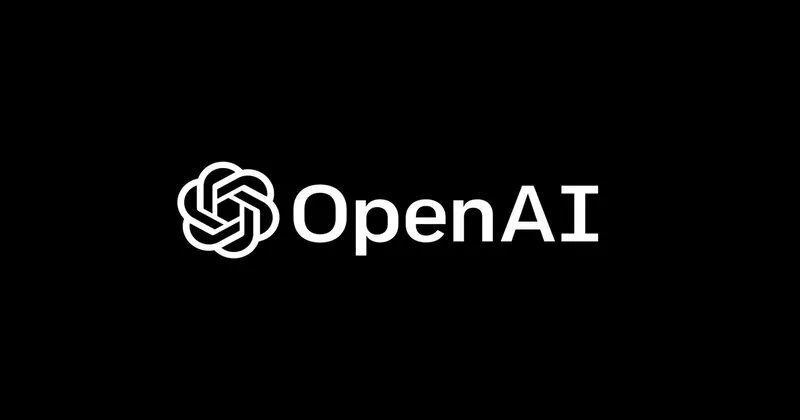
The Delhi High Court has issued summons to OpenAI in response to a lawsuit filed by Asian News International (ANI) alleging unauthorized use of its copyrighted content to train and operate ChatGPT. ANI claims its news content is being exploited without permission, both for training the AI model and in generating responses attributed to the agency. Advocate Sidhant Kumar, representing ANI, argued that while OpenAI had blocked ANI’s official website to prevent data collection, the widespread reproduction of ANI’s content by other platforms complicates enforcement. ANI further accused ChatGPT of spreading false attributions, such as fabricated interviews, which it claims damages its credibility and risks public misinformation.
In defense, OpenAI’s counsel, Senior Advocate Amit Sibal, argued that copyright laws do not protect facts or ideas and stated that ANI’s case lacks grounds as OpenAI has no servers in India and does not reproduce ANI’s material locally. Sibal emphasized that no international court has ruled against OpenAI for copyright infringement related to data collection. He also clarified that ChatGPT does not access a database for responses but generates answers based on training data. Addressing concerns about false information, Sibal noted that OpenAI removes misleading responses when reported and described ChatGPT as a “force for good” despite occasional errors.
This lawsuit marks the first instance of an Indian media outlet suing OpenAI, following similar cases by international organizations like The New York Times. ANI alleges that OpenAI’s practices amount to commercial exploitation of its original content and that the false attributions threaten its reputation and could incite public unrest. The court has appointed an amicus curiae to assist in addressing the complex issues of copyright, misinformation, and AI’s usage of publicly available content.

Post Your Comments